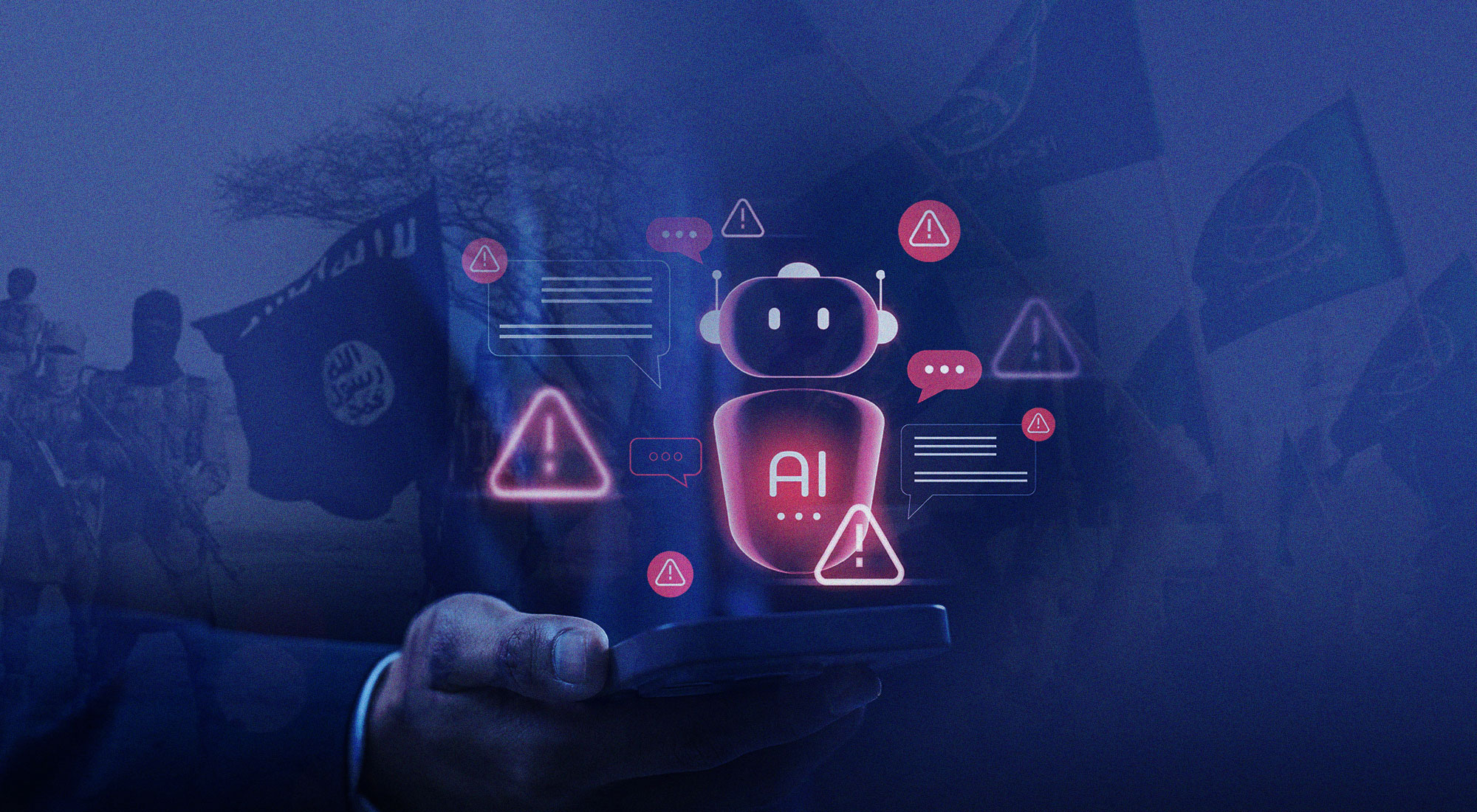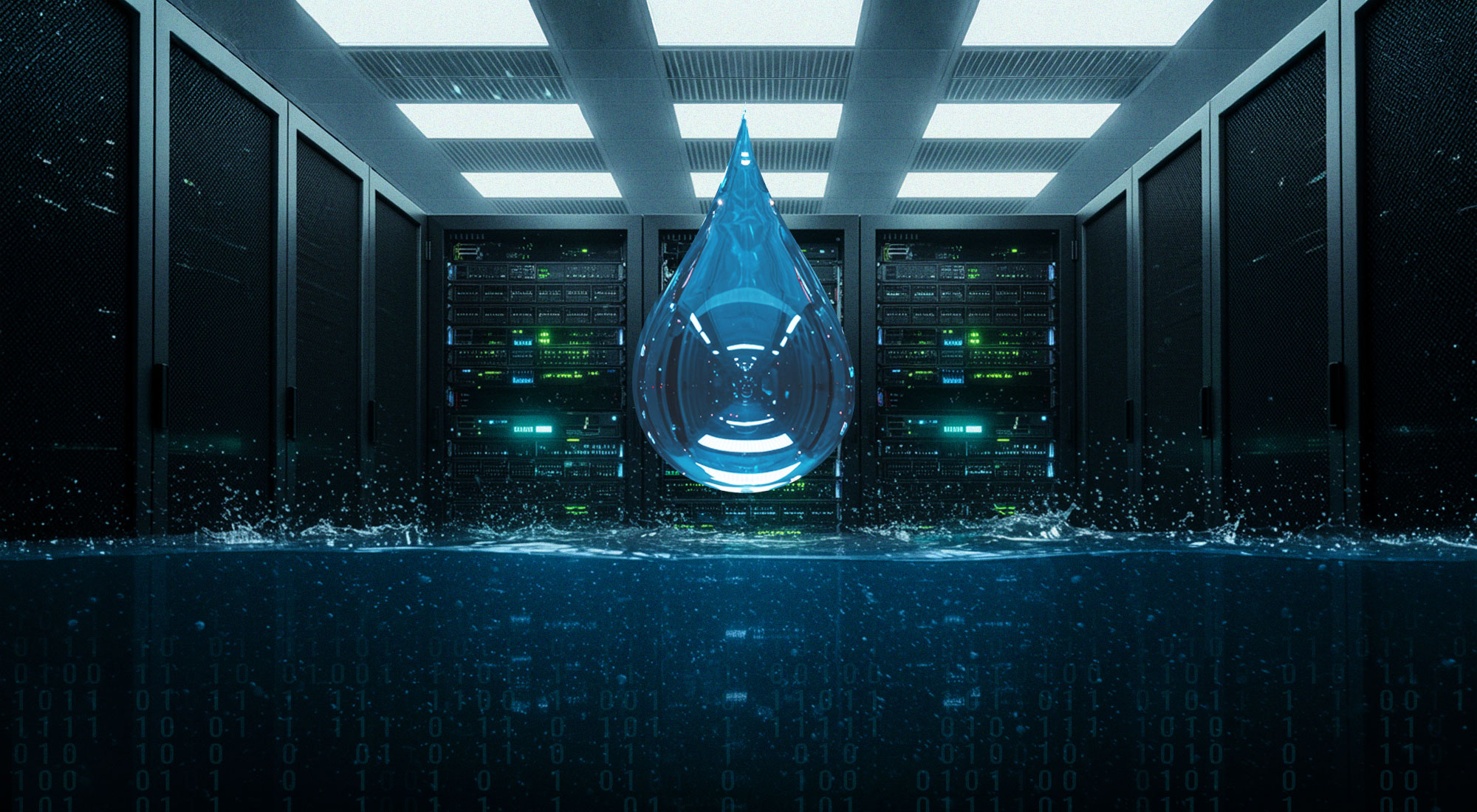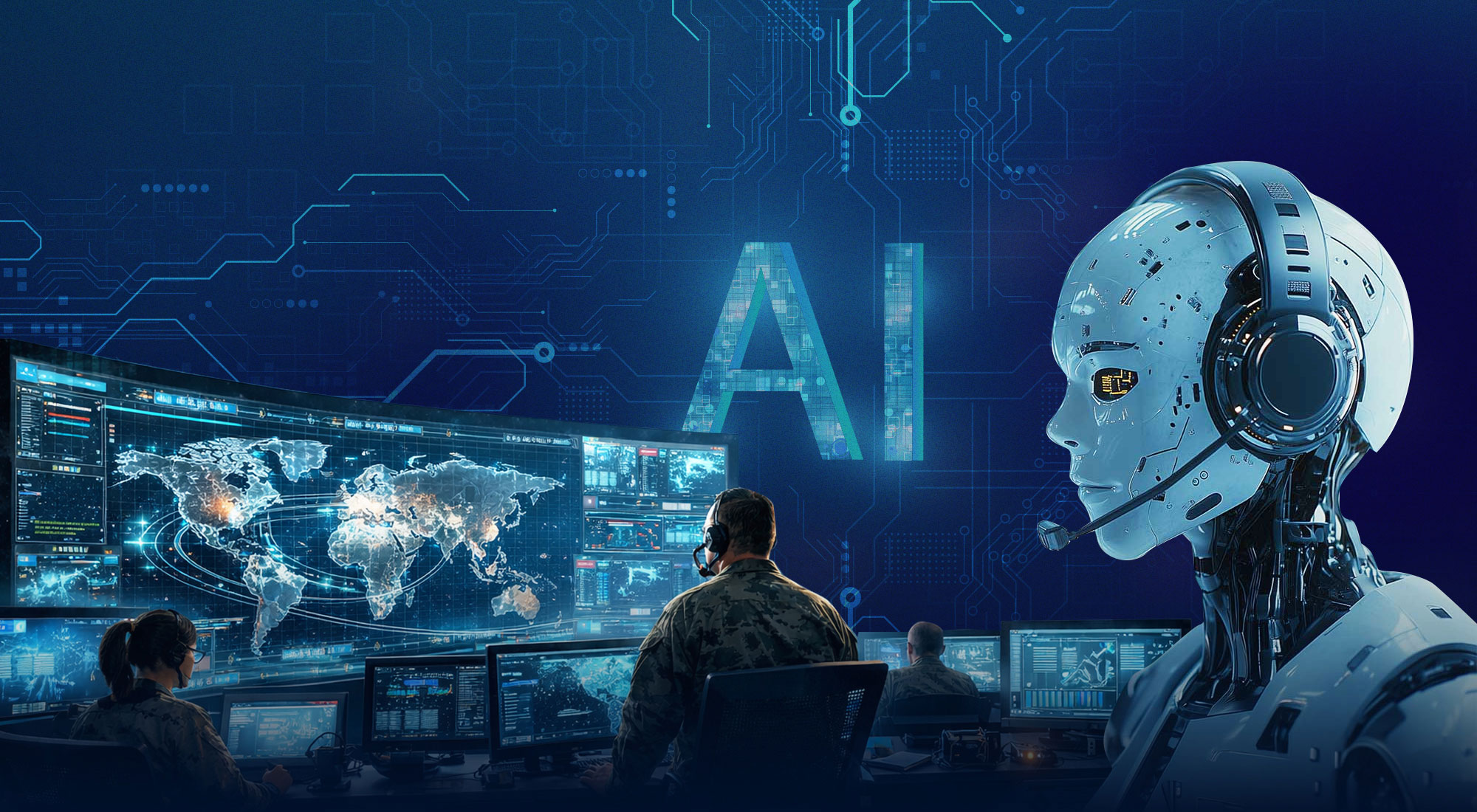Water is a fundamental resource for our survival, yet it is a finite resource that is increasingly at risk due to population growth, climate change, and other factors. As we observe World Water Day 2024, it is essential to explore innovative solutions to address the critical water challenges facing our planet. Artificial intelligence (AI) is one such solution that holds tremendous promise for revolutionizing the way we conserve and manage water resources. This Insight aims to examine the role of AI in water conservation and management, water quality monitoring, and the future of water resources. By exploring the impacts of smart AI systems, AI tools, and user-friendly AI applications, we can gain a better understanding of how AI can contribute to ensuring sustainable water management practices, detecting pollutants in water, and providing safe drinking water for populations.
AI in Water Conservation and Management
How do smart AI systems contribute to efficient water usage?
The advent of smart AI systems has brought about transformative changes in how water resources are managed, particularly within the realm of building operations. By employing advanced AI algorithms, these systems optimize water usage in real-time, ensuring each drop is utilized to its maximum potential.[1] This optimization is not only about reducing water wastage; it’s also about enhancing the overall efficiency of water management systems, making them more responsive and effective in meeting the varying water needs of a building.[2] Moreover, smart AI systems are instrumental in collecting and analyzing water usage data, which is fundamental in designing tailored water- and energy-saving programs.[3] The data-driven insights gained from AI can lead to significant water savings, contributing to the sustainable consumption of this vital resource.[4]–[5] Consequently, AI’s role in water management extends beyond mere conservation, as it also encompasses cost savings and the assurance of a sustainable water supply for future generations.[6]
In what ways are AI tools helping communities reduce water waste?
Building on the success of AI applications in urban water management systems, AI tools are now being leveraged to address broader environmental challenges, particularly in the agricultural sector. AI-powered irrigation systems represent a paradigm shift in how water is utilized in agriculture, as they can optimize water usage by considering various factors such as weather patterns, soil conditions, and plant water requirements.[7] This not only leads to a reduction in water waste but also supports sustainable agricultural practices. Furthermore, these intelligent systems are instrumental in detecting leaks in water distribution infrastructures. By using advanced algorithms, AI tools can analyze vast amounts of data to pinpoint the exact location and severity of leaks, which allows communities to carry out targeted repairs, thereby preventing substantial water loss.[8] This capability is complemented by AI’s data analysis prowess, which can sift through complex patterns of water usage to offer actionable insights for more efficient management of this vital resource.[9] Through these diverse applications, AI is demonstrating its transformative potential in reducing water waste and contributing to the conservation of water resources, a critical aspect of ensuring environmental sustainability.[10]
What are the impacts of AI on sustainable water management practices?
Building on the foundation of AI’s role in reducing water waste through smart irrigation and infrastructure monitoring, its influence extends to enhancing the sustainability of agricultural water management. AI promotes the efficient use of alternative water sources in agriculture, thereby lessening the reliance on dwindling freshwater resources.[11] By integrating AI, current agricultural practices can be transformed, optimizing the use of water for crop irrigation and ensuring every drop is utilized effectively.[12] This is not only crucial for water conservation but also for the sustainability of the food supply. AI’s capabilities in data analytics and predictive modeling allow for the anticipation of water-related issues, which can lead to proactive measures in water management.[13]–[14] Moreover, AI’s potential to improve wastewater management means that water used in agriculture can be treated and reused more efficiently, further enhancing the sustainability of water resources.[15] By adopting AI-driven strategies, agricultural water management can stride toward a future where water is managed intelligently, resources are conserved, and agricultural productivity is maintained or even increased, all of which are essential elements for achieving a sustainable future.[16]–[17]
AI and Water Quality Monitoring
How is AI changing the game in detecting pollutants in water?
The integration of AI in monitoring water pollutants has revolutionized the field, offering significant improvements in the efficiency and accuracy of detection methods. Machine learning, a subset of AI, has been particularly transformative, enabling the development of data-driven models that can adeptly handle the complex, nonlinear problems associated with water quality analysis.[18] These models, as seen in the work of Prof. Pratim Biswas and his team, leverage an AI platform that synthesizes data from disparate sources to deliver precise and economical water quality assessments.[19] This novel approach not only elevates the standard for environmental management in burgeoning smart cities but also extends its benefits to individual consumers, striving to ensure the purity of their drinking water.[20] Moreover, the predictive capabilities of AI systems, which generate detailed maps to pinpoint pollution sources and forecast future water conditions, underscore the technology’s potential to proactively safeguard our water resources.[21] This predictive prowess is further enhanced by AI-driven data fusion techniques, which refine the resolution of pollutant detection, thereby enabling a more nuanced understanding of water quality dynamics over time.[22] Collectively, these advancements underscore the critical role AI is playing in not just detecting but also managing and improving water quality on a global scale.
What user-friendly AI applications exist for household water quality monitoring?
Building upon the foundation of AI’s role in water conservation within buildings, the technology has expanded into the realm of household water quality monitoring with user-friendly applications designed to detect and analyze various contaminants. The emergence of AI-based mobile applications, such as the one tested for detecting bacterial contamination in water, provides homeowners with the convenience of monitoring their water quality through simple yet sophisticated tools.[23] These applications utilize advanced AI algorithms to predict the Water Quality Index (WQI), offering an easy-to-understand metric for non-experts to assess water safety.[24] Furthermore, the advent of Internet of Things (IoT) devices like Clean Water AI demonstrates how continuous real-time monitoring of water quality can be seamlessly integrated into domestic environments, alerting residents to the presence of dangerous bacteria and harmful particles without the need for manual sampling.[25] This real-time capability is vital, as it enables immediate response to potential health risks, thus safeguarding household water supplies. Leveraging AI for water quality monitoring presents a dual benefit: not only is the water usage optimized, but the water quality is also continuously assessed, ensuring safe consumption and overall well-being.
How does AI contribute to ensuring safe drinking water for populations?
Building upon the efficient utilization of water resources through AI-powered irrigation and infrastructure management, AI also plays a pivotal role in ensuring the safety of drinking water. One of the most promising applications of AI in this context is the development of smart monitoring systems that can detect contaminants in real-time. For example, the implementation of an AI-based mobile application platform has demonstrated the ability to monitor water quality for bacterial contamination effectively, utilizing low-cost and accessible technology.[26] Furthermore, AI-driven devices like Clean Water AI leverage the IoT to classify and detect dangerous bacteria and harmful particles in water systems, operating continuously to provide real-time analysis of water safety.[27] This capability is critical for urban centers where water quality can fluctuate rapidly due to industrial discharges or stormwater runoff. Moreover, advanced AI algorithms have been developed to predict WQI, offering a comprehensive measure of water quality that can be used by regulatory bodies and health organizations to assess the potability of water and address issues proactively.[28] These innovations, underscored by the discussion of experts on the future possibilities of AI in water quality monitoring, represent a transformative step toward safeguarding public health and ensuring the availability of safe drinking water across diverse populations.[29]
The exploration of AI in addressing critical water challenges has unveiled its immense potential to revolutionize how we conserve, manage, and ensure the quality of water across the globe. AI is being harnessed to foster efficiency and sustainability in water use, from optimizing operations in built environments to innovating agricultural practices and enhancing water distribution systems. Smart AI systems play a significant role in managing water resources in buildings by utilizing advanced algorithms to reduce wastage and improve system responsiveness. Similarly, in agriculture, AI-powered irrigation systems are pivotal in reducing water waste by considering various environmental factors, showcasing how technology can support sustainable agricultural practices and conserve precious water resources.
The application of AI tools in detecting leaks in water distribution infrastructures represents a leap forward in efforts to prevent significant water loss. These tools analyze vast datasets to identify leaks with precision, enabling targeted repairs that preserve water resources. Additionally, AI has an important role in monitoring water quality, where machine learning models offer enhanced detection of pollutants, thus ensuring the safety of drinking water. The development of user-friendly AI applications for household water quality monitoring further illustrates the accessibility and practicality of AI solutions in everyday life, enabling individuals to monitor their water quality effectively.
As we approach World Water Day 2024, it becomes increasingly clear that AI in water management and conservation is far more than a mere technological advancement. It is, in essence, a vital strategy to address the pressing demand for sustainable water management practices amid the growing challenges of climate change and population increase. The collective advancements in AI for water conservation, management, and quality monitoring paint a hopeful picture of the future, where technology and innovation play central roles in securing the health and well-being of our planet and its inhabitants. By continuing to embrace and invest in AI technologies, we can aim for a future where water, our most precious resource, is managed wisely and sustainably, ensuring availability and purity for all. This vision requires concerted efforts from policymakers, technologists, and communities worldwide to realize the full potential of AI in safeguarding water resources for generations to come.
[1] The Role of Artificial Intelligence in Water Management. (n.d.) retrieved March 2, 2024, from energy5.com.
[2] AI in Indoor Water Conservation. (n.d.) retrieved March 3, 2024, from www.corgan.com.
[3] Saving Water with Artificial Intelligence. (n.d.) retrieved March 3, 2024, from aiworldschool.com.
[4] AI in Indoor Water Conservation. (n.d.) retrieved March 4, 2024, from www.corgan.com.
[5] The Role of Artificial Intelligence in Water Management. (n.d.) retrieved March 4, 2024, from energy5.com.
[6] Ibid.
[7] Water Management enhanced by AI. (n.d.) retrieved March 4, 2024, from www.linkedin.com.
[8] Ibid.
[9] Ibid.
[10] Ibid.
[11] Transforming Agricultural Water Management with AI: Optimizing Use and Enhancing Sustainability. (n.d.) retrieved March 4, 2024, from medium.com.
[12] Ibid.
[13] Water Management enhanced by AI. (n.d.) retrieved March 4, 2024, from www.linkedin.com.
[14] Artificial intelligence in water cycle management. (n.d.) retrieved March 4, 2024, from www.idrica.com.
[15] Water Management enhanced by AI. (n.d.) retrieved March 5, 2024, from www.linkedin.com.
[16] Transforming Agricultural Water Management with AI: Optimizing Use and Enhancing Sustainability. (n.d.) retrieved March 6, 2024, from medium.com.
[17] Water Management enhanced by AI. (n.d.) retrieved March 5, 2024, from www.linkedin.com.
[18] A review of the application of machine learning in water …. (n.d.) retrieved March 5, 2024, from www.sciencedirect.com/science/article/pii/S2772985022000163.
[19] Real-time air and water quality monitoring with AI-based …. (n.d.) retrieved March 5, 2024, from tech.wustl.edu.
[20] Ibid.
[21] Ibid.
[22] AI and Water Quality at UF AI Days. (n.d.) retrieved March 6, 2024, from ccs.eng.ufl.edu/ai-and-water-quality-at-uf-ai-days/.
[23] Artificial Intelligence for Water Quality Monitoring. (n.d.) retrieved March 5, 2024, from iopscience.iop.org/article/10.1149/MA2018-02/56/1997.
[24] Water Quality Prediction Using Artificial Intelligence …. (n.d.) retrieved March 5, 2024, from www.ncbi.nlm.nih.gov/pmc/articles/PMC7787777/.
[25] Clean Water AI: Water Quality Monitoring Using AI. (n.d.) retrieved March 6, 2024, from www.iotchallengekeysight.com.
[26] Artificial Intelligence for Water Quality Monitoring. (n.d.) retrieved March 6, 2024, from iopscience.iop.org/article/10.1149/MA2018-02/56/1997
[27] Clean Water AI: Water Quality Monitoring Using AI. (n.d.) retrieved March 6, 2024, from www.iotchallengekeysight.com
[28] Water Quality Prediction Using Artificial Intelligence …. (n.d.) retrieved March 6, 2024, from www.ncbi.nlm.nih.gov/pmc/articles/PMC7787777/
[29] AI and Water Quality at UF AI Days. (n.d.) retrieved March 6, 2024, from ccs.eng.ufl.edu/ai-and-water-quality-at-uf-ai-days/.







